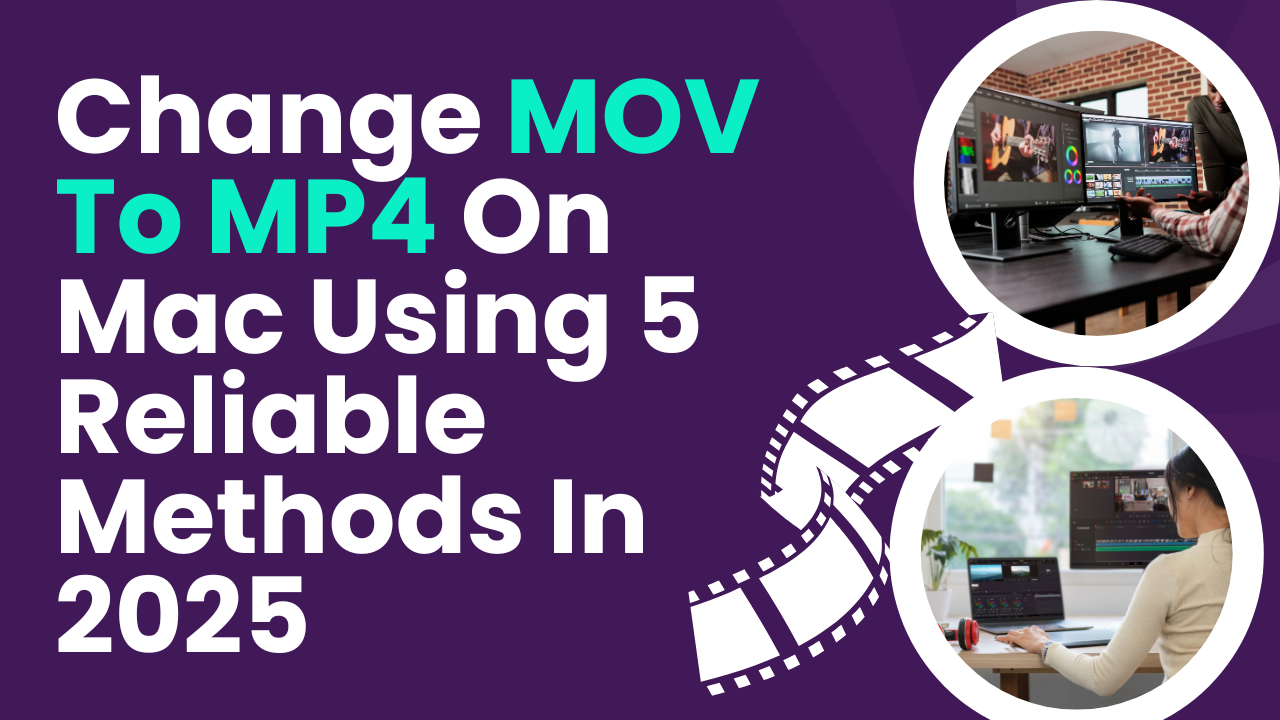Purpose Of Mobile App Development
The purpose of mobile app development is to create software applications specifically designed for mobile devices such as smartphones and tablets. Mobile apps serve a variety of purposes and are developed to fulfill specific needs and objectives. Some common purposes of mobile app development include:
1. Enhancing User Experience: Mobile apps aim to provide a seamless and intuitive user experience, enabling users to access information, perform tasks, and interact with services in a convenient and efficient manner. Apps can offer features and functionalities that are tailored to mobile devices, taking advantage of their unique capabilities such as touchscreens, GPS, cameras, and sensors.
2. Solving Problems and Meeting Needs: Mobile apps are developed to address specific problems or fulfill specific needs of users. They can provide solutions for tasks such as communication, productivity, entertainment, shopping, health and fitness, finance, travel, and more. Apps are designed to simplify and streamline processes, making them more accessible and convenient for users.
3. Expanding Reach and Accessibility: Mobile apps enable businesses and organizations to extend their reach to a larger audience. By making services or information available through an app, companies can tap into the growing mobile user base and engage with customers on their preferred platform. Apps also allow users to access content and services even when offline or in areas with limited connectivity.
4. Facilitating Personalization and Engagement: Mobile apps provide opportunities for personalized experiences by leveraging user data and preferences. They can offer tailored recommendations, notifications, and customized interfaces based on user behavior and preferences. This enhances user engagement, loyalty, and satisfaction.
5. Driving Business Growth and Revenue: Mobile apps can be valuable assets for businesses, serving as additional channels for revenue generation. Through in-app purchases, subscriptions, ads, or e-commerce integrations, apps can create opportunities for monetization. They can also serve as platforms for marketing, customer engagement, and brand building.
6. Harnessing Technological Advancements: Mobile app development takes advantage of the latest advancements in technology, such as augmented reality (AR), virtual reality (VR), artificial intelligence (AI), machine learning (ML), and Internet of Things (IoT). These technologies enable developers to create innovative and immersive experiences, enhancing the functionality and capabilities of mobile apps.
The purpose of mobile app development is to create applications that enhance user experiences, address specific needs, expand reach and accessibility, facilitate personalization and engagement, drive business growth, and leverage technological advancements. Mobile apps have become integral to our daily lives, offering convenience, efficiency, and value across various domains and industries.
15 Big Challenges In Mobile App Development You Need To Know
Mobile app development has become a thriving industry, with millions of apps available on various app stores. However, the journey of building a successful mobile app is not without its challenges. In this blog post, we will explore 15 significant challenges that developers commonly face during the mobile app development process. Understanding these challenges will help businesses and developers prepare for potential obstacles and make informed decisions to overcome them. From technical complexities to market competition and user expectations, we will delve into each challenge and provide insights on how to navigate through them successfully.
1. Platform Fragmentation: One of the most prominent challenges in mobile app development is platform fragmentation. With multiple operating systems, versions, and device specifications, developers must ensure their app functions seamlessly across various platforms and screen sizes. It requires extensive testing and optimization to provide a consistent user experience for all users.
2. User Interface and Experience: Creating a visually appealing and intuitive user interface (UI) and delivering a smooth user experience (UX) are critical for app success. Balancing aesthetics, functionality, and simplicity can be a challenge, as users expect apps to be visually engaging, easy to navigate, and responsive to their interactions.
3. Performance and Speed: Users have little tolerance for slow and laggy apps. Performance optimization is crucial to provide a fast and responsive experience. Developers need to optimize code, minimize loading times, and efficiently handle memory and network resources to ensure optimal performance across different devices and network conditions.
4. Security and Privacy: Protecting user data and ensuring app security is paramount in mobile app development. Developers must implement robust security measures, including secure data storage, encryption, user authentication, and protection against vulnerabilities and threats. Compliance with data protection regulations is also essential.
5. App Compatibility: Ensuring app compatibility across different devices, operating system versions, and screen sizes can be challenging. Compatibility testing is crucial to identify and address any issues that may arise due to hardware or software variations.
6. Limited Device Resources: Mobile devices have limited resources such as processing power, memory, and battery life. Developers must optimize app performance and resource usage to deliver a smooth experience while minimizing battery drain and resource consumption.
7. Network Connectivity: Apps often rely on network connectivity for data synchronization, content delivery, and real-time communication. Developers must handle scenarios with poor or intermittent network connections, optimize data usage, and provide offline capabilities when necessary.
8. App Store Guidelines: Each app store has its own set of guidelines and submission requirements. Developers must ensure their app complies with these guidelines to be accepted and avoid rejection. Staying updated with the guidelines and addressing any issues or concerns raised by the app store reviewers is crucial.
9. Integration with Third-Party Services: Many apps rely on integrating with third-party services such as payment gateways, social media platforms, and APIs. Coordinating these integrations, managing API version changes, and handling dependencies can be challenging, especially when dealing with multiple services simultaneously.
10. User Feedback and Iteration: Receiving and incorporating user feedback is vital for app improvement. Developers must establish effective channels for user feedback, carefully analyze the feedback, and prioritize the necessary enhancements or bug fixes. Iterative development allows for continuous improvement based on user needs and expectations.
11. App Monetization: Monetizing a mobile app can be challenging, as developers need to choose the right monetization strategy that aligns with their app's target audience and objectives. Options include in-app purchases, subscriptions, ads, or a combination thereof. Striking a balance between generating revenue and providing value to users is essential.
12. Continuous Updates and Maintenance: Mobile apps require regular updates and maintenance to fix bugs, address compatibility issues, and introduce new features. Ensuring a smooth update process and maintaining user engagement through regular updates is crucial to retain users and stay competitive.
13. Market Competition: The mobile app market is highly competitive, with millions of apps vying for user attention. Developing a unique value proposition and standing out from the competition is a challenge. Thorough market research, effective marketing strategies, and continuous innovation are key to gaining a competitive edge.
14. Rapid Technological Advancements: The mobile app landscape is constantly evolving, with new technologies, frameworks, and trends emerging at a rapid pace. Keeping up with these advancements and assessing their relevance and potential impact on app development requires ongoing learning and adaptation.
15. User Acquisition and Retention: Acquiring and retaining users is a significant challenge in mobile app development. Developers need to invest in user acquisition strategies, app store optimization (ASO), and user retention initiatives such as personalized experiences, loyalty programs, and effective communication to build a loyal user base.
Conclusion:
Mobile app development presents various challenges, ranging from technical complexities to market dynamics and user expectations. Successfully navigating through these challenges requires a combination of technical expertise, strategic planning, and continuous adaptation. By understanding and addressing these challenges proactively, developers can enhance the chances of building successful mobile apps that offer value to users, stand out in the market, and drive business growth.

















Post Comments